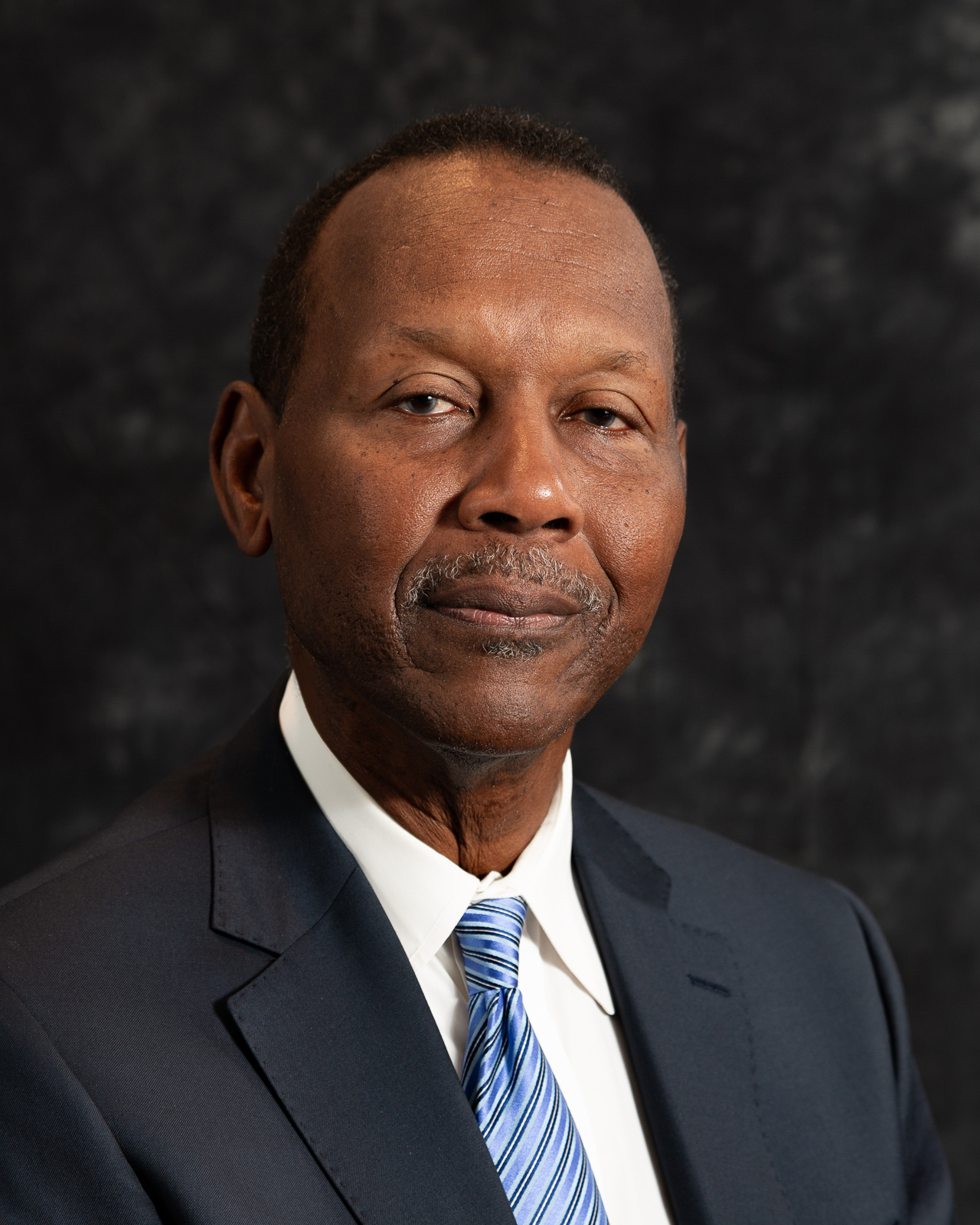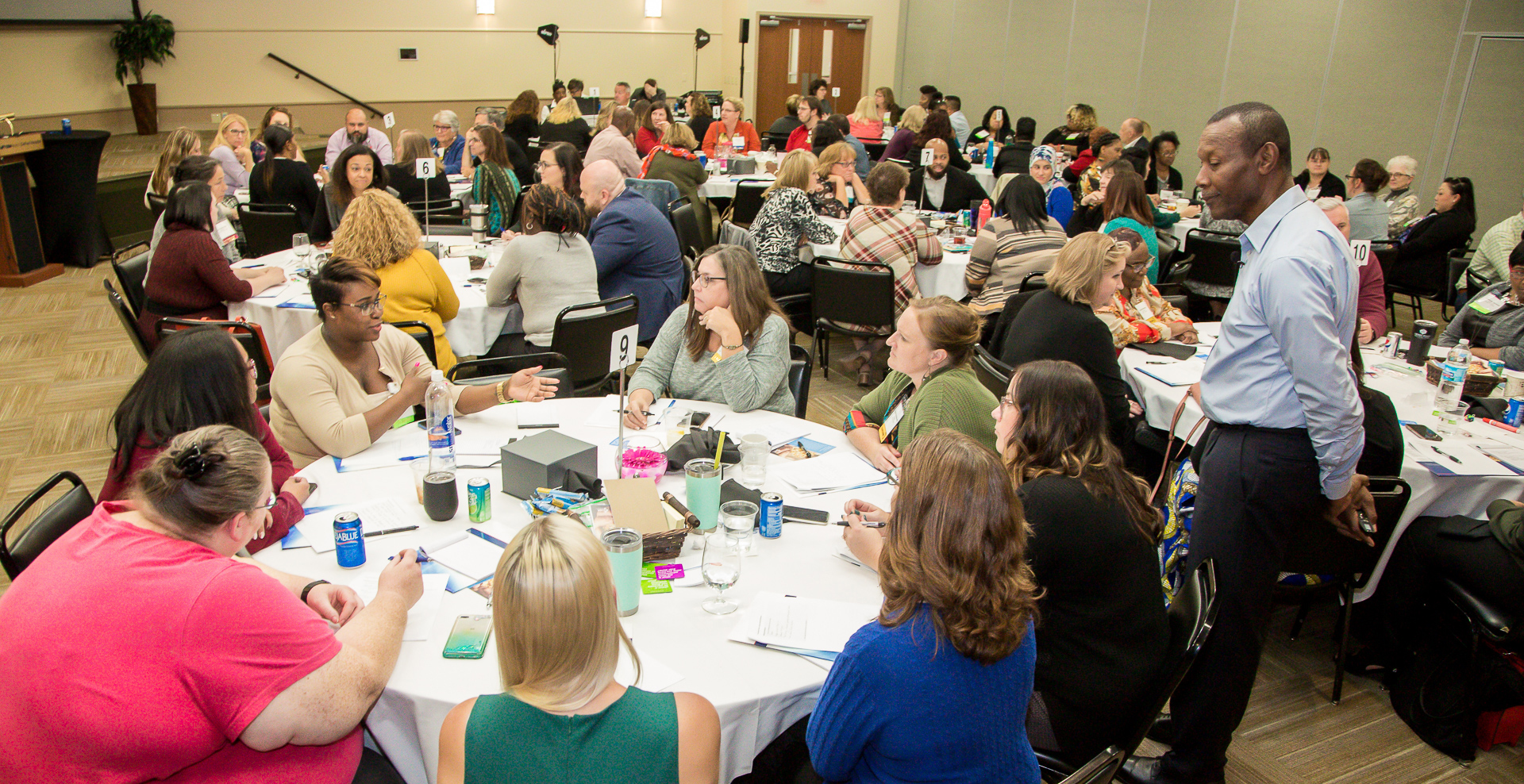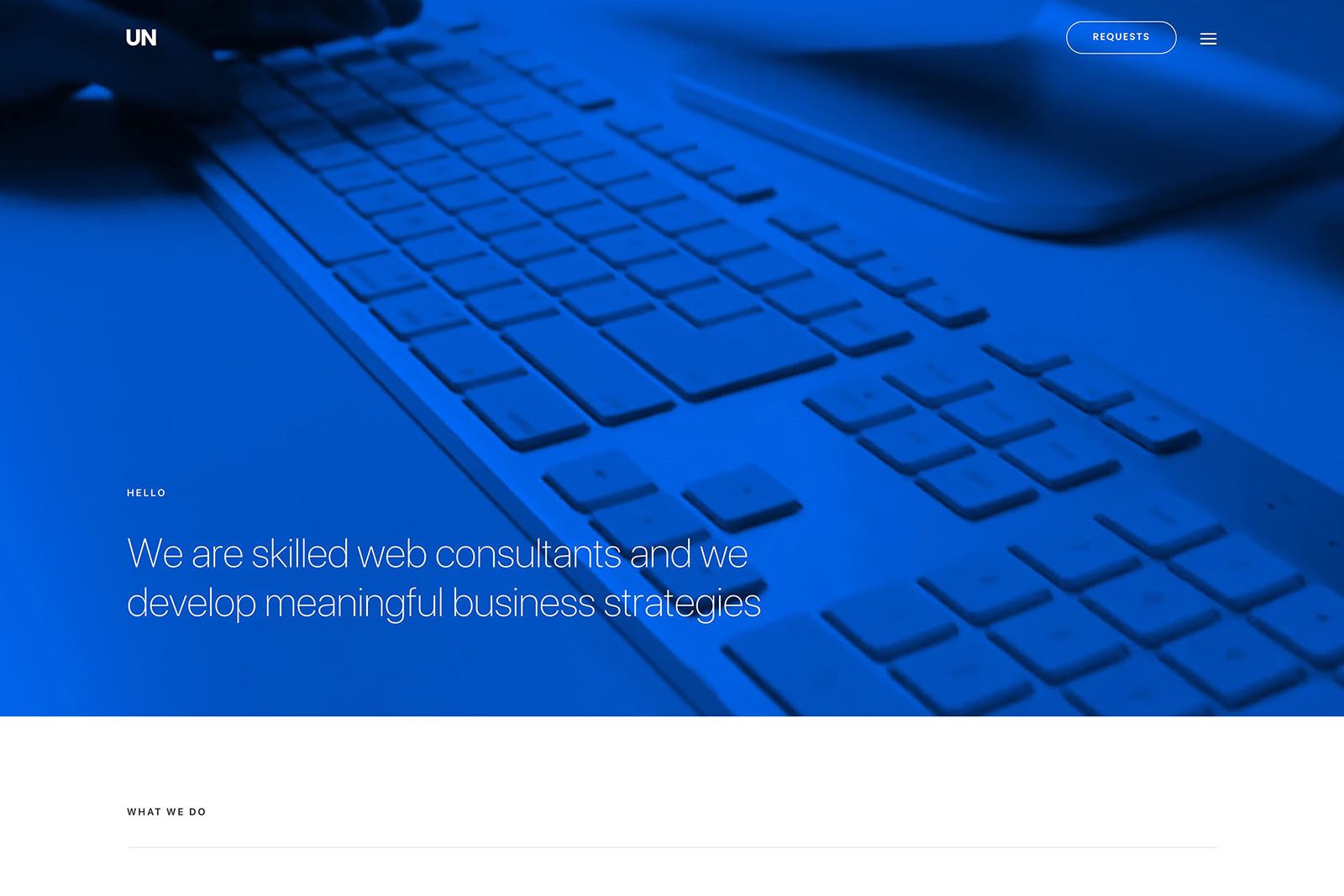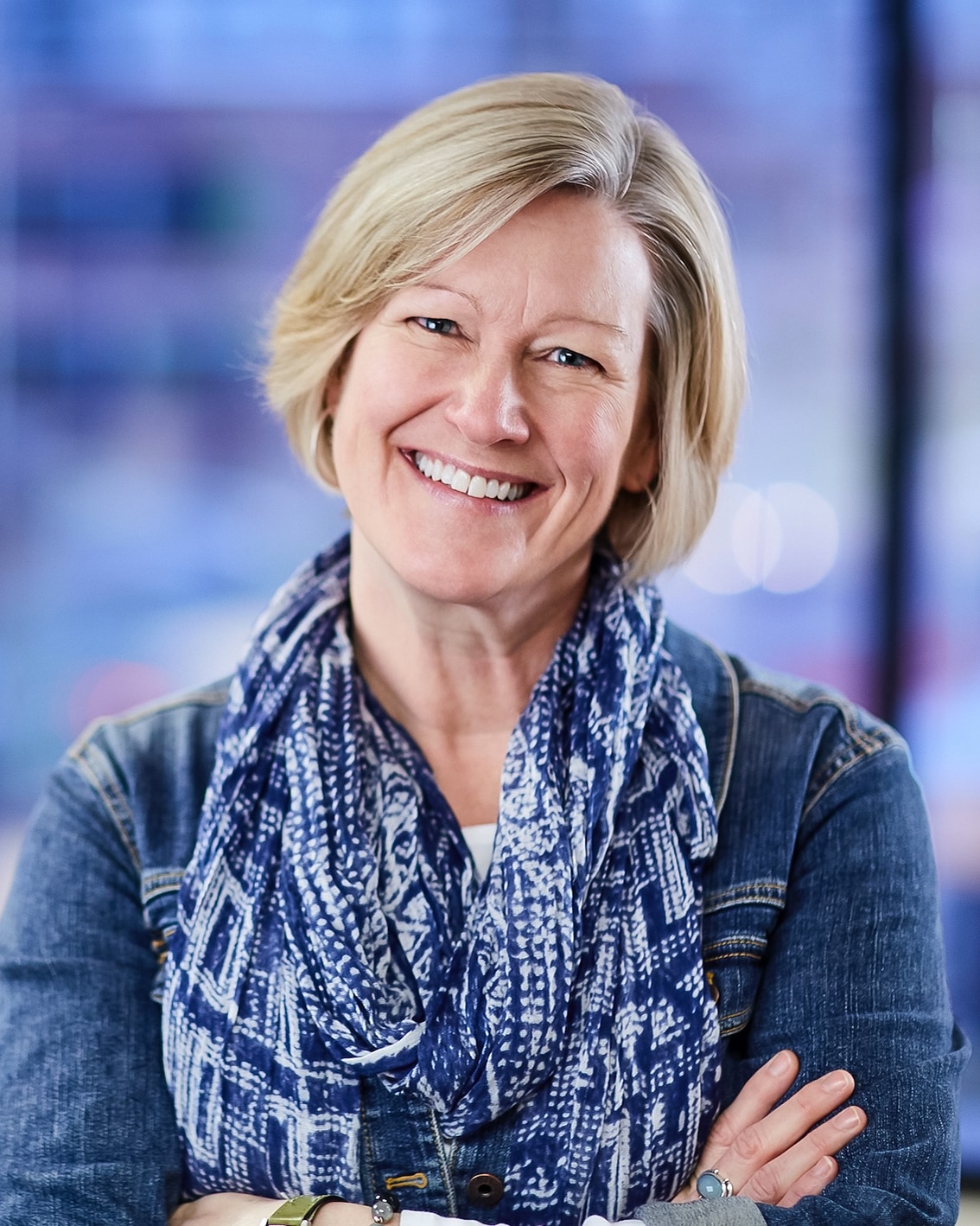Difference to Distance
From Difference to Distance: The Mindset Shift
“Problems cannot be solved using the thinking that created them.” Albert Einstein
Historically, we have always believed that we are divided by our differences, e.g., race, ethnicity, gender and gender identity, generation, politics, tribe, etc., and united by our similarities. But, borrowing from Thomas Paine, even a long history of thinking a thing right does not stop it from being wrong.
But, while important to us, the lines of difference we see exist only in our minds. Nature does not draw lines; we do—all of them. So, nothing stands between us humans, no walls, barriers, obstacles, or fault lines. Therefore, there is nothing outside of our heads to be removed, navigated, torn down, set aside, or bridged.
Continuing to believe and operate as if the lines of difference divide us perpetuates and worsens the genuine problems that plague and bedevil our organizations, communities, and world. Pointedly, this is why most leadership development, DEI, and organizational culture change efforts struggle and fall far short of the mark. Organizations cannot improve using the thinking currently holding them back.
A new mindset is required to solve our problems—a transformational shift in how we see and think about ourselves and the nature of our relationships with others. That shift is:
From seeing ourselves as divided by differences to recognizing that what we are is separated by emotional distance.
Emotional distance is the emotional separation between people attributable solely to the lines of difference. Once we shift our mindset from difference to distance, we will quickly find that human-to-human relationships lie at the heart of every organizational success and failure. From here, the question should not be how are we different or similar, but how are we together? Are our relationships strong and resilient? Do we trust and care about each other? Do we know or only know about each other?
Organizations seeking dramatic change must make improving the quality of the relationships that form them their number one priority.
Falker Consulting Group has pioneered the thinking behind the difference to distance mindset shift and is uniquely qualified to help organizations transform their cultures using it.
Falker Consulting
Falker Consulting
Falker Consulting Group (FCG) specializes in human resources training and development, helping organizations achieve success by designing, developing, and delivering cutting-edge inclusion, inclusive leadership, performance management, and customer service training solutions. We also provide consulting services to organizations looking to create more inclusive work cultures.
FCG has pioneered the development of a transformative new approach to diversity, equity, and inclusion (DEI) thinking and training that shifts the emphasis from differences to distance, thus allowing organizations to, at last, develop truly inclusive cultures.

Fred Falker
Frederick G. Falker, the President of Falker Consulting Group, Inc., has worked as an organizational development consultant for more than 30 years, helping organizations with performance management, customer service, and diversity issues. As the former director of Workforce Development at the Saint Louis Zoo, Fred worked extensively on helping the organization’s efforts to establish itself as one of the best places to work, serve, and volunteer in the country.
Fred is a well-known thought leader and experienced diversity and inclusion consultant. Fred pioneered a fundamentally different approach to thinking about DEI that goes beyond unconscious and implicit bias training. Instead of focusing on the differences between people, Fred focuses on the distance or relationships between people. This new approach then focuses on the behaviors and actions that drive connection and inclusion regardless of the demographic make-up of your team, department, or organization.
Fred is also working on a book titled, Seeing the Box: Connecting with People, detailing this vitally new approach to diversity and inclusion.
Connections
Connecting To People: Seeing the Box
Beyond Unconscious Bias and Anti-racism Training
The Connecting to People program is a striking new and better approach to inclusion training. Bold in its conception, it challenges virtually every assumption underlying traditional DEI training. As a result, participants leave with powerful new insights, actionable strategies, and concrete skills for helping them connect with others in today's increasingly diverse work communities.
Unlike many DEI training programs, which are by nature divisive, Connections brings people together, thus helping organizations develop truly inclusive cultures, where employees, regardless of their background, feel supportive of one another and know that they belong.
Organizations committed to the idea that inclusion is a goal worth pursuing but disillusioned with the lack of progress should consider this transformational approach.
Connecting to People: Seeing the Box workshop topics:
-
Explore the need to shift from seeing differences to seeing distance
-
Understanding the link between bias, distance and relationships
-
Recognize the impact of distancing behaviors on ourselves and others
-
Learn to use See, Choose, Act Model to reduce distance and connect with others
Format:
-
Highly interactive three to four-hour in-person workshop
-
Content can be modified for virtual delivery in a two to three-hour module
Intended Audience:
-
All employees
Our Partners
Our Partners
Fred has worked as an organizational development consultant for more than 30 years, helping organizations with performance management, customer service and diversity issues. It is with this vast experience that Fred has partnered with Chapman & Co. a leader in improving corporate culture, developing outstanding leaders, engaging employees, and creating strategic visions.
Our Team
Our Team
Vickie F. Henson
Senior Consultant
Vickie is an Organization Communications and Talent Development Consultant with more than 20 years’ experience. A proven leader, Vickie has driven key initiatives for Allstate Insurance Company, Aon Hewitt, Maritz Learning, Dale Carnegie Training and SSM Health. She is adept at implementing enterprise employee engagement, leadership development training and talent management solutions. She enjoys helping clients implement creative solutions that align with business priorities and improve stakeholder engagement. It is her goal through her 2nd Thought Communications practice to deliver effective, turnkey solutions that nurture cultures where people have space to share, learn and grow. Vickie cites her most rewarding experiences have been connecting with people and helping them grow into their potential. Vickie graduated from Loyola University of Chicago with a degree in Organizational Communications.
Leslie Peters
Senior Consultant
Leslie Peters has provided counsel and training in organizational development, strategic planning and leadership development to for-profit and non-profit organizations nation-wide for more than 30 years. Leslie’s engaging and insightful approach to training and facilitation creates opportunities for individual and group transformation.
With clients as diverse as the Community Development Corporation of USBank, the Regional Arts Commission and a national foundation that funds opportunities for deaf children to learn spoken language, Leslie is able to leverage her experience to bring new perspectives and ways of communicating that move people and organizations forward.
Leslie has a bachelor’s degree in English and an MBA from Washington University in St. Louis. She is the author of “Finding Time to Lead: Seven Practices to Unleash Outrageous Potential.”
Jason Wells
Senior Consultant
Jayson Wells spent 13 seasons traveling the world as a Professional Basketball Player… he has played with, against, and collaborated with some of the most recognizable names on the planet. He now guides people on their individual and collective journeys of greatness. He uses the same principles that the highest performing athletes use to perform at an elite level. He is the author of “The Things We Know, but DO Not DO”, which provides insights to parents, coaches, and athletes to enhance awareness, connection and achieve a greater sense of self. A passionate seeker of growth, he is a mirror of authenticity… and hates to have his name misspelled!
Inclusive Leadership
Inclusive Leadership: Creating a Culture of Belonging
Let's face it. If CEO commitment statements, hiring accomplished DEI professionals, inclusion surveys, establishing ERGs, and changing policies and practices worked to produce inclusive cultures, organizations would have made much more progress in this area. But unfortunately, the truth is that these are "stroke of a pen" and "check the box" efforts that, while well-intentioned, struggle to produce meaningful change in organizational cultures.
The real work of establishing inclusive workplaces must come from leaders acting in ways that create feelings of belonging among all employees. That work takes time and organizational commitment to hire, promote, develop, and reward inclusive leaders.
The Inclusive Leadership course provides leaders, regardless of level and tenure, the mindset, insight, and practical tools needed to operate as inclusive leaders in any organizational setting.
The Inclusive Leadership workshop moves leaders well past the dead-end of unconscious bias, allyship, and antiracism training, which is clearly in vogue now. Instead, this workshop shows leaders how to create inclusive work cultures where people thrive, regardless of their background.
The Inclusive Leadership workshop moves leaders well past the dead-end of unconscious bias, allyship, and antiracism training, which is clearly in vogue now. Instead, this workshop shows leaders how to create inclusive work cultures where people thrive, regardless of their background.
Inclusive Leadership workshop topics:
-
Understanding inclusion and why it matters
-
Recognize inclusion as a condition for employees and an act of leaders
-
From difference to distance: a mindset shift for inclusive leadership
-
Understand the link between bias, distance, and inclusive leader behavior
-
Examine the impact of distance on individuals, teams, and organizational effectiveness
-
From comfort to connection, the inclusive leader’s journey
-
Acts and actions of inclusive leaders
Format:
-
Highly interactive one-day in-person workshop
-
Format can be modified to be delivered virtually in two three-hour sessions.
Intended Audience:
-
People leaders at all levels in the organization





